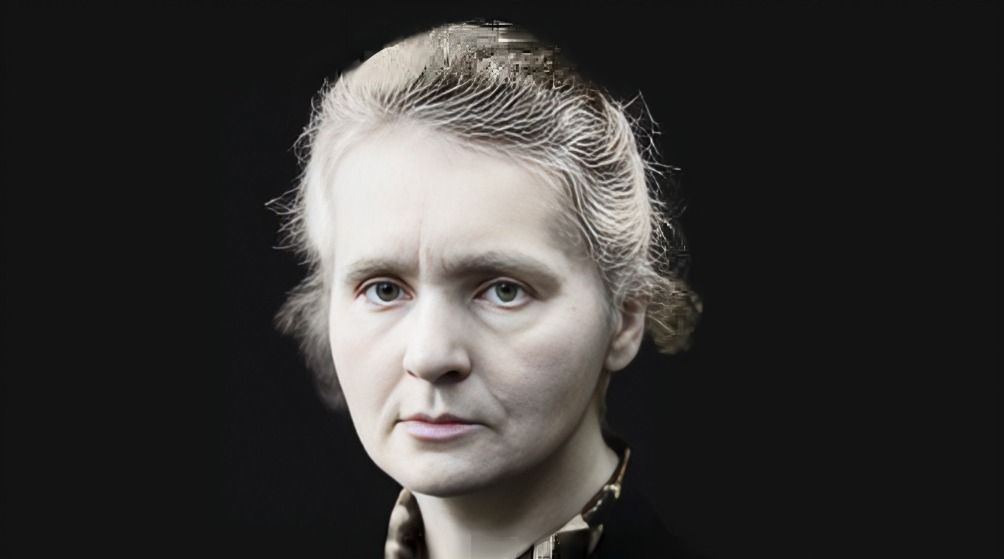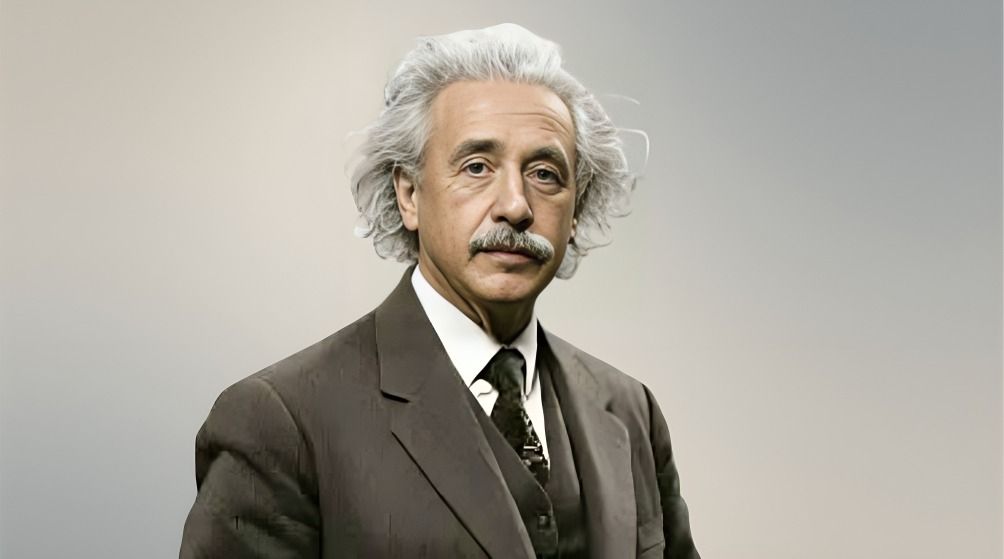
“
Albert Einstein is often regarded as one of the most brilliant minds in history, famous for his revolutionary contributions to physics and his iconic equation, E=mc². His theory of relativity fundamentally changed our understanding of time, space, and gravity, influencing the course of modern physics. Beyond his scientific achievements, Einstein was a passionate advocate for peace and civil rights, using his platform to promote social justice. In this blog, we will explore 20 interesting facts about Albert Einstein, shedding light on his early life, groundbreaking theories, and the values that guided him. These facts not only highlight the genius of a man who reshaped our understanding of the universe but also reveal the human side of a thinker who believed in the power of imagination and curiosity.1
”
Albert Einstein was born on March 14, 1879, in Ulm, Germany. His unique birth date, 3/14, reflects the first three digits of pi, 3.14.1
As a child, Einstein didn’t speak until he was three years old, which worried his parents. This delay didn’t hinder his later intellectual achievements, showcasing his individuality.2
Einstein was a poor student in school, often bored by the rigid educational system. However, he excelled in mathematics and physics, demonstrating his extraordinary talents early on.3
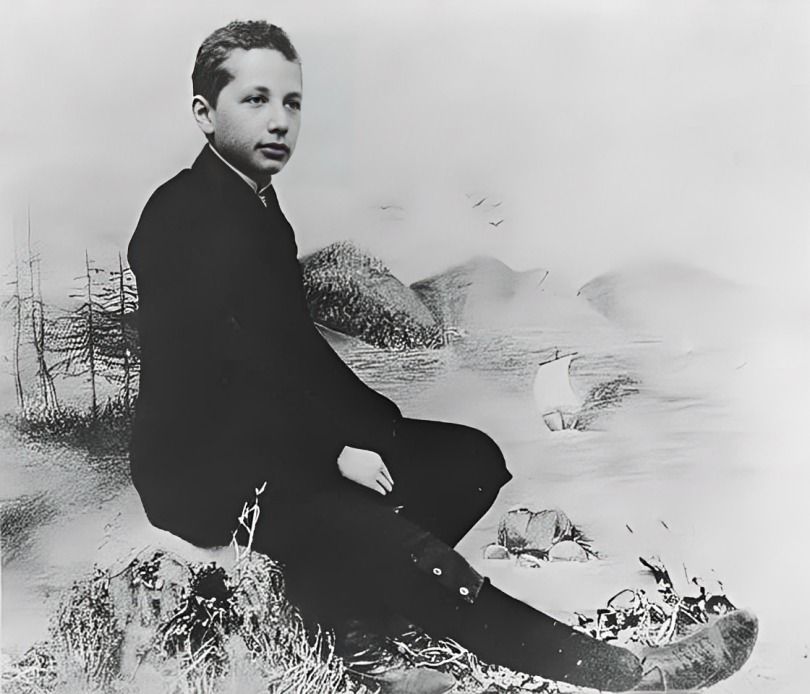
At just five years old, while recovering from illness in bed, Einstein's father gifted him a compass. He was captivated by how the needle consistently pointed in one direction, sparking his curiosity.
Einstein failed his college entrance exam, excelling in science and mathematics but struggling with history, languages, and geography. He took private lessons and retook the exam for university admission.4
Einstein worked at the Swiss Patent Office from 1902 to 1909, where he evaluated patent applications. This job allowed him time to think about physics, fostering his groundbreaking theories.5
He was awarded the Nobel Prize in Physics in 1921 for his explanation of the photoelectric effect. This phenomenon was crucial in establishing quantum theory and its implications.6
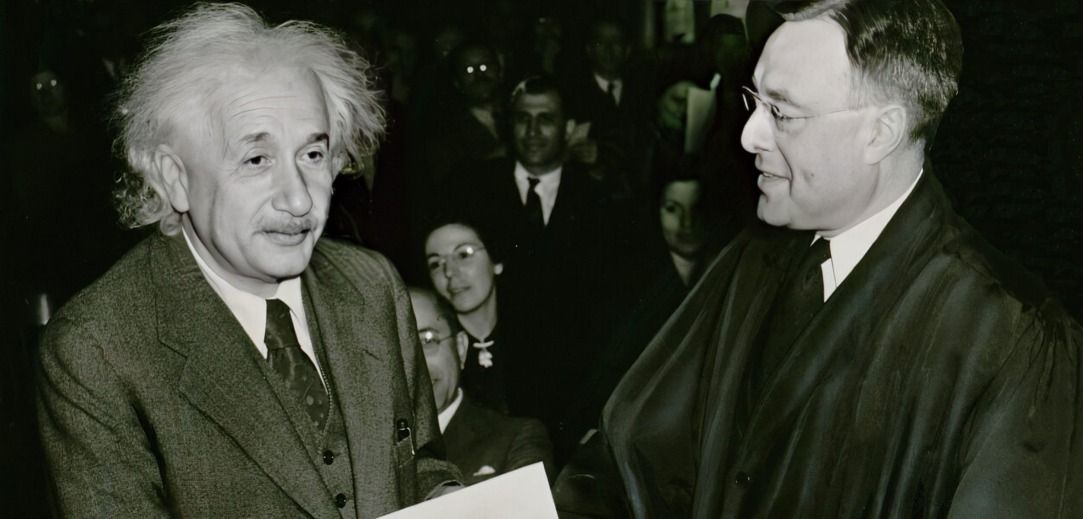
Einstein was a passionate advocate for civil rights. He spoke against racism in America, supporting the civil rights movement and championing the rights of African Americans.
He was offered the presidency of Israel in 1952 but declined, stating he lacked the experience and temperament for political office. This reflects his humility and dedication to science.7
Einstein's personal life was complex. He married Mileva Marić, a fellow student, but their marriage ended in divorce. He later married his cousin, Elsa Löwenthal.8
Einstein had three nationalities: German, Swiss, and American. He joked that if his theories were false, people would label him by nationality and religion, facing discredit due to his Jewish heritage.9
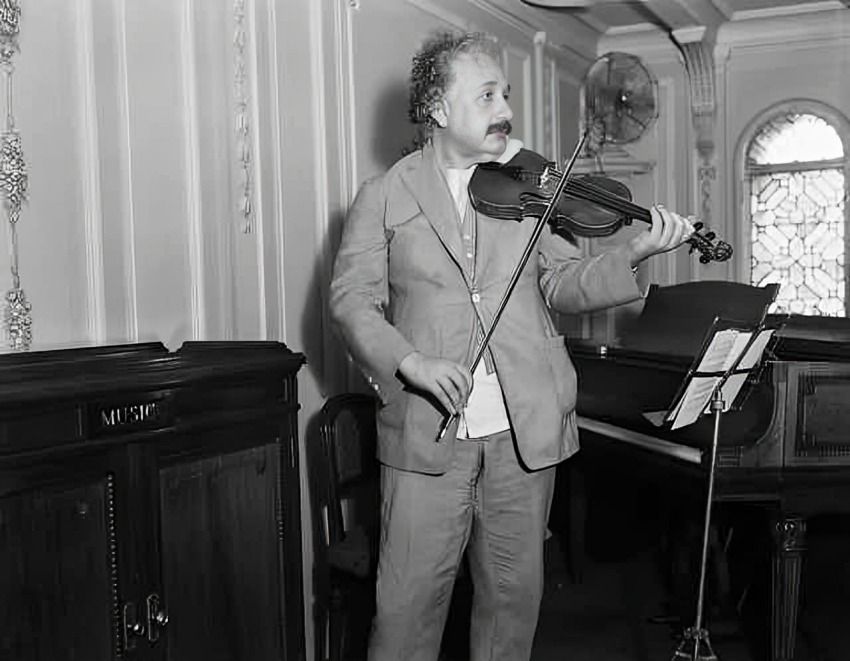
Einstein was an avid violinist and found solace in music. He often played to relax, believing that music complemented his thinking and creativity in physics.
In 1933, Einstein emigrated to the United States due to the rise of the Nazi regime in Germany. He settled in Princeton, New Jersey, where he continued his research.10
He believed in the importance of imagination over knowledge. Einstein famously said, “Imagination is more important than knowledge. Knowledge is limited; imagination encircles the world.”11
Einstein was a candidate for Israel's second president after Chaim Weizmann's death in 1952. However, he declined, citing his age and inability to take on such responsibility.12
He was a pacifist but changed his stance during World War II, urging the U.S. to develop atomic weapons to counter the Nazi threat. This highlights his complex moral views.13
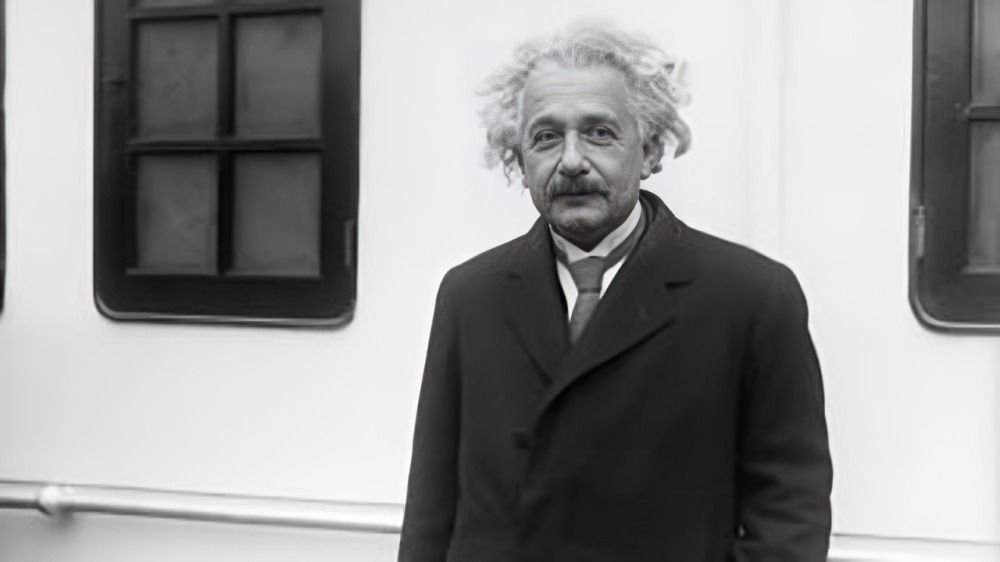
Instead of becoming a physicist right away, Albert initially trained to be a teacher, which provided him with a foundation in education before pursuing his scientific career.
He passed away on April 18, 1955, leaving behind a remarkable legacy. His brain was removed for study, and research continues to uncover the secrets of his genius.14
After facing difficulties in finding work as a math and physics teacher, Albert chose to pursue a Ph.D. in physics, which he earned in 1905, famously known as his “year of miracles.”15
Einstein famously didn’t wear socks, often opting for comfort over fashion. He believed that socks were unnecessary and preferred to let his feet breathe, embracing a casual style throughout his life.16

